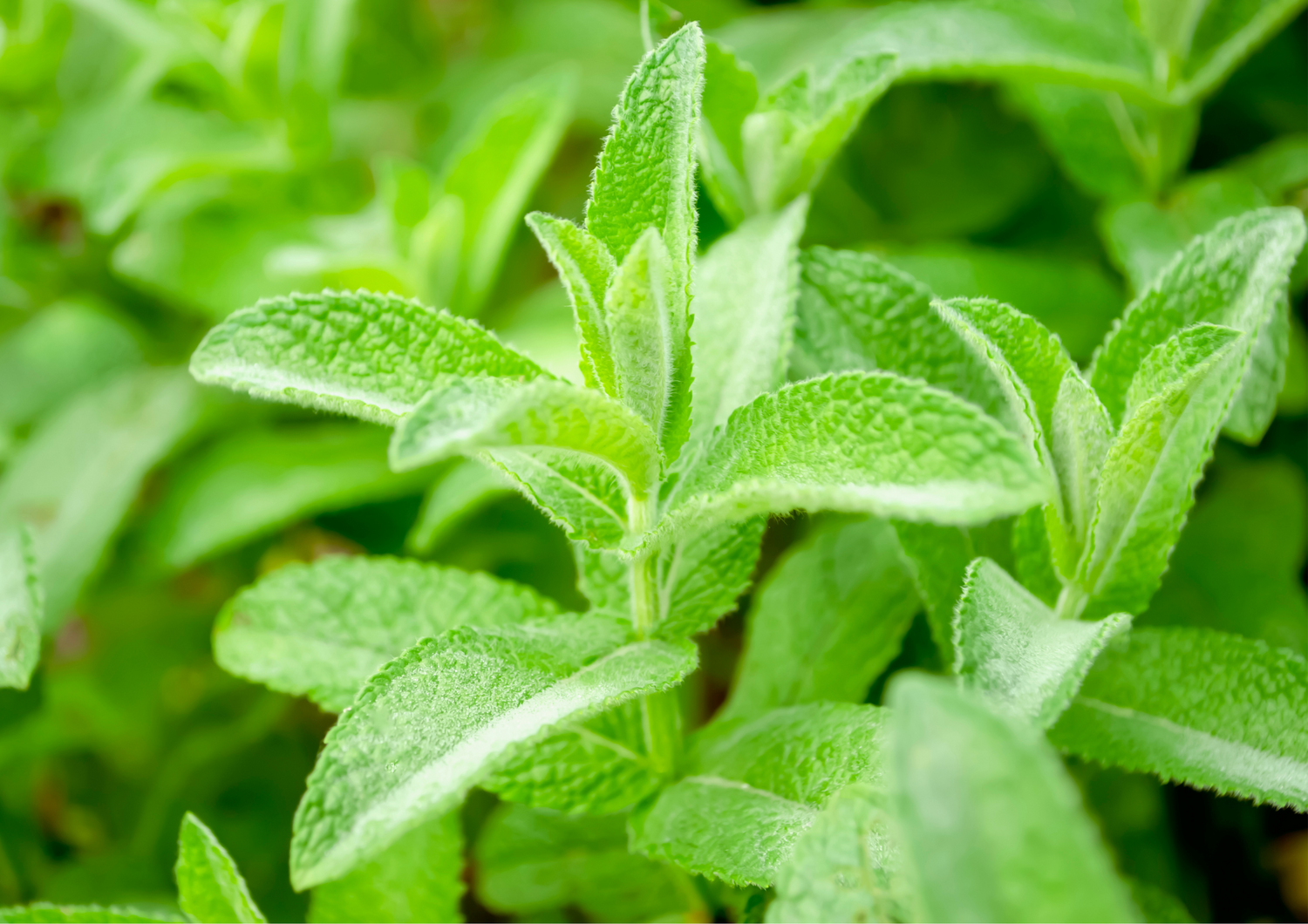
Melissa (Melissa officinalis L)
Lemon balm (Melissa officinalis), also known as lemon balm, is a prized medicinal herb renowned for its calming properties. Rich in essential oils, lemon balm relieves stress and anxiety, and promotes healthy sleep. Often used as a tea, it is also a natural sedative. It exhibits antispasmodic properties, helps with digestive issues, and alleviates menopausal symptoms. Lemon balm is also used in cosmetics for its toning and refreshing properties. Easy to grow, it is a popular addition to herb gardens.
Lemon balm (Melissa officinalis), commonly known as lemon balm or lemon balm, is a prized herb that has been used for centuries in both natural medicine and culinary recipes. It is characterized by a delicate, lemony aroma and a wide range of medicinal properties.
Chemical Composition and Medicinal Properties:
Lemon balm's main active ingredient is essential oils, including citral and citronellal, which give it its characteristic lemony scent. It also contains phenolic compounds, terpenes, flavonoids, and phenolic acids, which have antioxidant, anti-inflammatory, and antibacterial properties. Lemon balm is particularly valued for its calming and relaxing effects, helping to relieve stress and anxiety and promoting healthy sleep.
Application in Medicine:
Traditionally, lemon balm is used as a natural sedative and an aid in the treatment of insomnia. Studies have shown that it can improve sleep quality and help alleviate symptoms associated with anxiety and stress. Lemon balm also has antispasmodic properties, making it effective in relieving digestive discomforts such as bloating and stomach cramps.
Application in Cosmetics:
Thanks to its toning and refreshing properties, lemon balm extracts are often used in cosmetics. They are used in skin care products, especially those intended for sensitive and problematic skin. Lemon balm can help calm the skin, reduce redness, and improve its overall condition.
Culinary Use:
In cooking, fresh or dried lemon balm leaves are used to impart a delicate, lemony aroma to dishes. They are a popular addition to salads, sauces, desserts, and beverages, including teas. Lemon balm tea is valued not only for its flavor but also for its relaxing effects.
Cultivation and Ecology:
Lemon balm is easy to grow and can be grown in the garden or in pots on a windowsill. It prefers sunny or partially shaded locations and moderately moist soil. It is a perennial that thrives in a variety of climates. Lemon balm is also known for attracting pollinators such as bees, making it a valuable addition to insect-friendly gardens.
Conclusions:
Lemon balm, with its unique fragrance and wide range of uses, is one of the most valued herbs in natural medicine, culinary arts, and cosmetics. Its calming properties make it an ideal choice for those seeking natural methods for managing stress and sleep problems. Its ease of cultivation and versatility make it a popular choice among herb lovers and gardeners.


